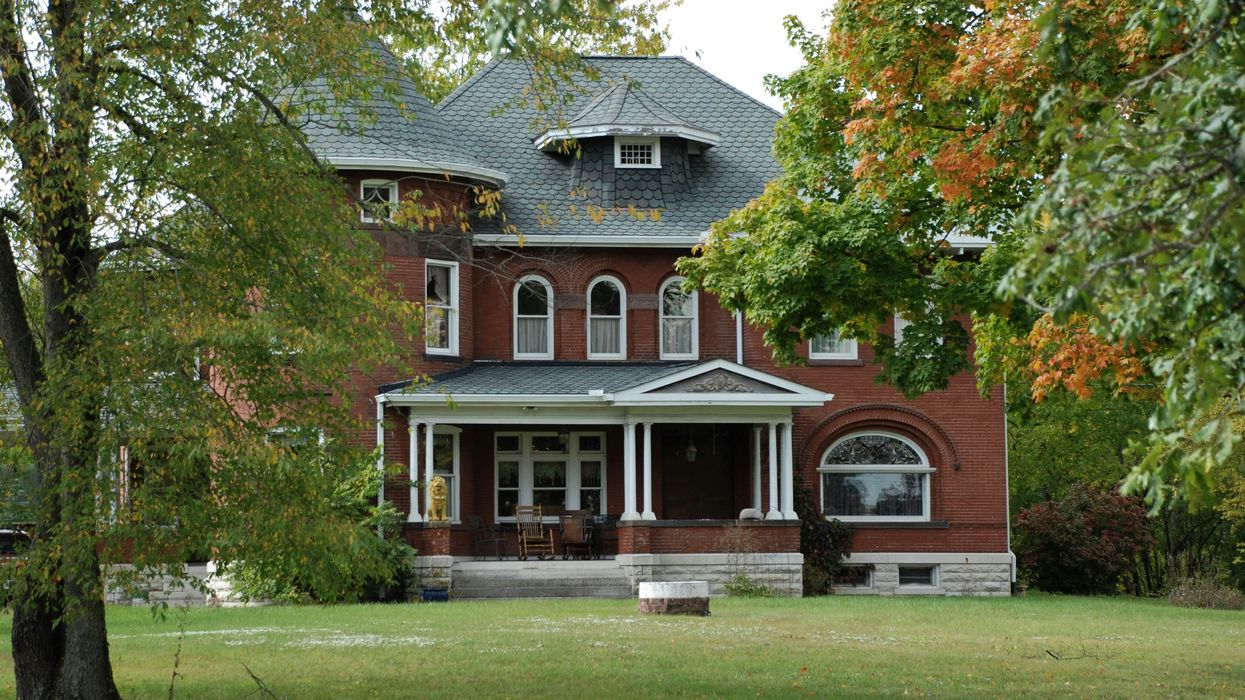Toronto and Vancouver may see the lion's share of Canadian home sales, but despite their bustling downtowns, swanky neighbourhoods, and world-class attractions, these major metropolitan areas are a far cry from offering Canadians the best bang for their buck when it comes to real estate investment.
According to the 2025 edition of Where to Buy Real Estate in Canada from MoneySense and Zoocasa, which ranks cities and Census Metropolitan Areas (CMAs) and gives them a value score out of five based on benchmark home prices and recent real estate price growth, the Greater Toronto Area ranked 33 out of 44, while Greater Vancouver ranked 39.
In the nation's most populous market, the average home price clocked in at a stiff $1,087,700, making it the third least affordable market behind Oakville-Milton at $1,258,242, and Greater Vancouver at $1,188,492. Further bringing down Toronto's 'value score' of 2.33 were low value growth rates of -2% and 6% over the last one and three years, respectively.
Greater Vancouver also saw stunted growth, with home values only increasing by 1% year over year and 9% over the last three years, which, paired with its infamously high home prices, earned it a score of value score of 2.23.
But the worst place to purchase real estate in 2025?: Bancroft, Ontario. Apologies, Mineral Capital of Canada. Ironically, Bancroft was ranked the best place to buy real estate back in 2021.
In this rural Ontario town, homes sell for an average of $517,558, a bargain by today's standards, but a positive discounted by the town's low average income of $52,800 (the lowest on the list) and its year-over-year growth rate of just 3%. All factors considered, Bancroft earned a value score of 1.72.
In comparison, the number-one-ranked city of Fredricton, New Brunswick nabbed a value score of 3.74 for its average home price of $310,925, with home values having increased by 11%, 32%, and 72% over the last one, three, and five years, respectively.
The Maritime capital, known for its rich arts and culture scene, gained popularity largely for its profound affordability, which created ideal conditions for sellers with multiple offers situations being commonplace. Home values in Fredricton are only expected to continue rising in 2025 thanks to relatively few listings and continued demand.
Fredricton was followed by Calgary, and the westerly city earned a value score of 3.69. Homes in the Alberta metropolis are pricer than our Maritime winner, at $577,367, but Calgary has also continued to see healthy growth rates of 8%, 29%, and 31% over the last one, three, and five years. Plus, the city ranked third for average income, outstripping other major urban centres like the GTA, Greater Vancouver, and Edmonton.
Looking ahead, the Quebec CMA, Regina, Saskatoon, Saint John, and Edmonton are all expected to continue seeing the most substantial housing market growth in 2025, with home prices already having increased by 9% year over year in January in all of these markets.
The most marked growth being in urban centres outside of Vancouver and Toronto speaks to the recent stagnation of home prices in these pricier cities, while historically less popular (and more affordable) markets picked up the slack.
“Due to home prices maintaining relative stability in our most populated cities, home buyers are continuing to recognize the value in less saturated markets, like the Prairies. Ultimately, they are being viewed as new real estate hotspots,” explained Carrie Lysenko, Chief Executive Officer of Zoocasa in a press release. “While the core areas of Toronto and Vancouver represent a significant portion of national home sales, we continue to witness a notable shift in interest as people re-evaluate their living situations and the costs associated with urban life that began in earnest during the pandemic.”





















